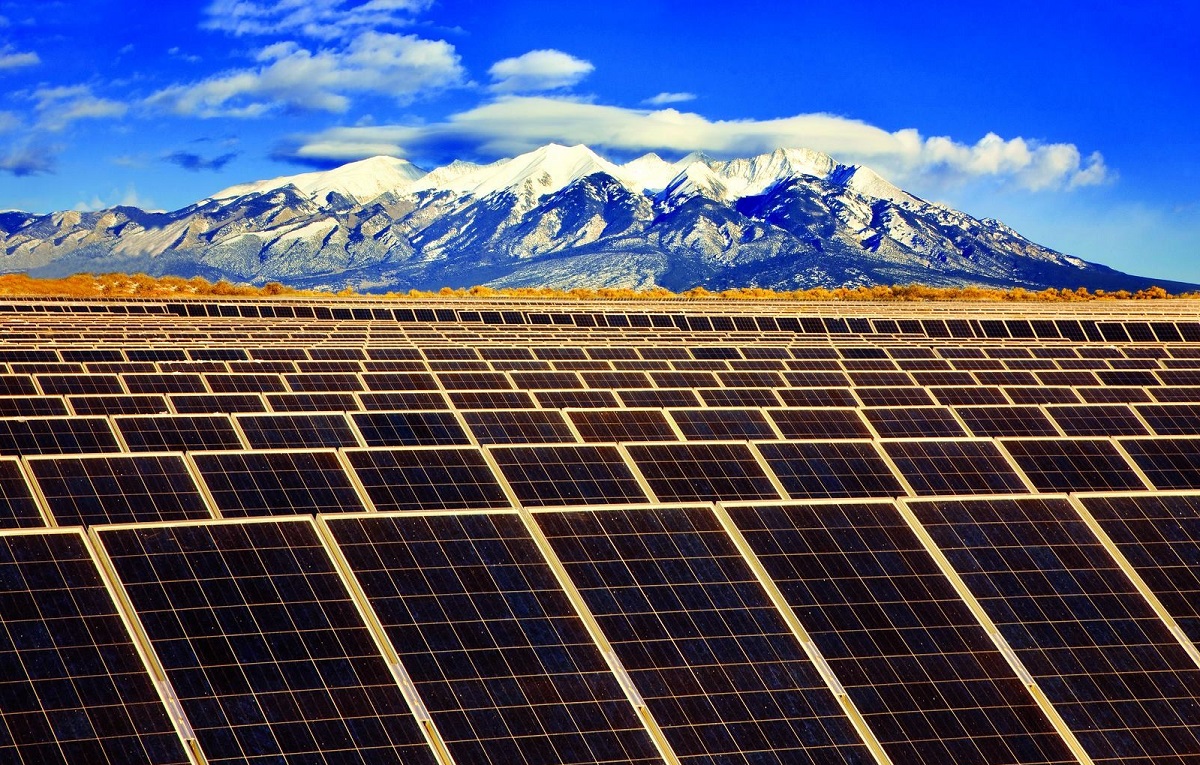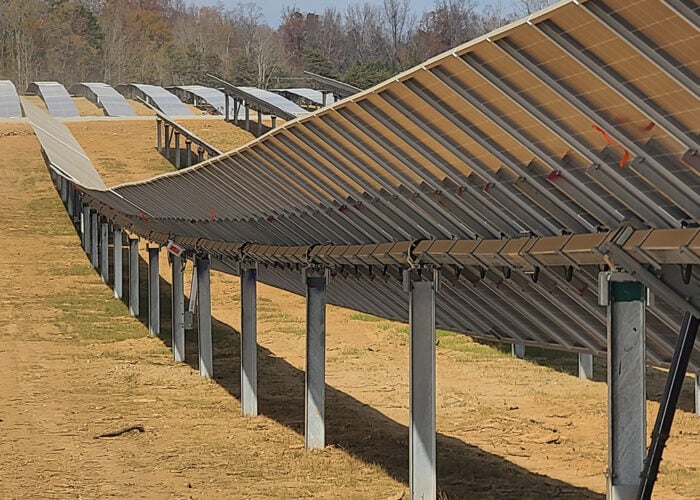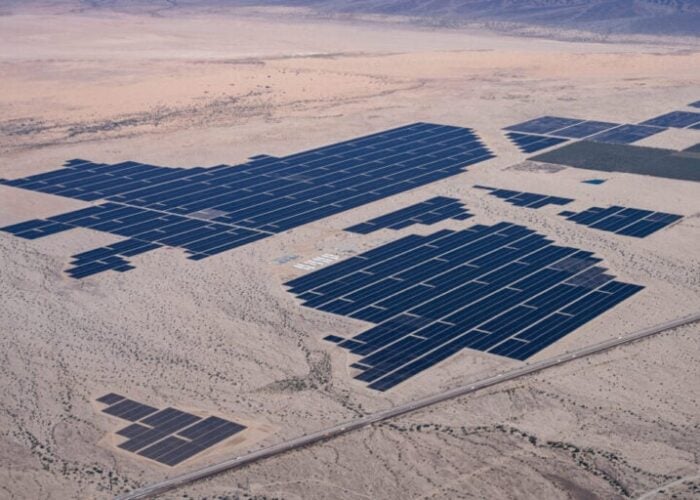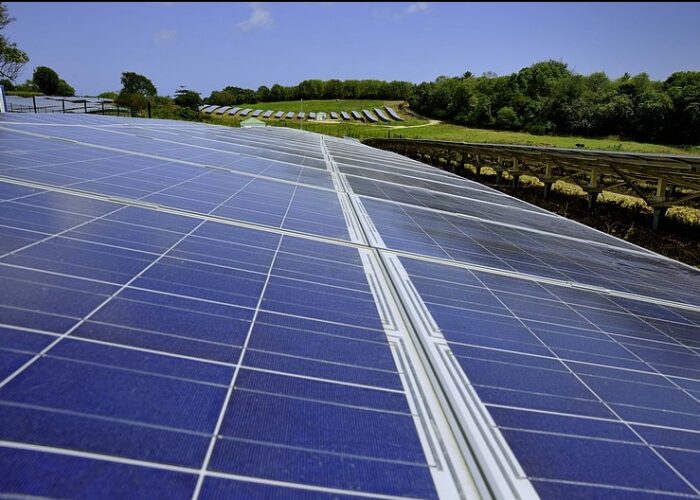
US utility Black Hills Energy will break ground on its first utility-scale solar project this year, as it announces plans to achieve an 80% reduction in greenhouse gas emissions from its Colorado generation operations by 2030.
Located in Pueblo County, Colorado, the 200MW PV plant will be the company’s largest renewable energy project to date. Dubbed Renewable Advantage, the installation will come online in 2023, meaning more than half of the utility’s generation mix in Colorado will come from green energy sources.
Unlock unlimited access for 12 whole months of distinctive global analysis
Photovoltaics International is now included.
- Regular insight and analysis of the industry’s biggest developments
- In-depth interviews with the industry’s leading figures
- Unlimited digital access to the PV Tech Power journal catalogue
- Unlimited digital access to the Photovoltaics International journal catalogue
- Access to more than 1,000 technical papers
- Discounts on Solar Media’s portfolio of events, in-person and virtual
Black Hills is set to file its clean energy plan next year, detailing its roadmap to reduce emissions from its energy generation in Colorado by 80% by 2030, compared with a 2005 baseline, as required by the state.
Since closing its last Colorado coal plant nine years ago, Black Hills Energy has added three wind farms in the south of the state, which together deliver 150MW of generating capacity.
“We are a customer-focused utility and we know our customers want more renewables, especially when they help to reduce costs,” said Vance Crocker, Black Hills Energy vice president for Colorado utilities.
A statement from the office of Colorado governor, Jared Polis, said the utility’s commitment to file a greenhouse gas reduction plan culminates a “remarkable and historic” two-and-a-half-year streak of modernisation and emissions reduction progress in the state’s electric sector.
It added that other utilities operating in Colorado – including Xcel Energy, Tri-State Generation and Transmission, Colorado Springs Utilities, Platte River Power Authority and Holy Cross Energy – have all made significant commitments to reduce pollution and transition to renewables. Last month, Holy Cross Energy committed to 100% renewables by 2030, as it progresses with efforts to add additional solar, wind and storage installations in the coming years.
“Colorado is well on our way to achieving 100% renewable energy by 2040 and will continue to win lower rates along with the health and environmental benefits of green energy,” said governor Polis. “I’m proud of the work the state has championed thus far and appreciate the private sector and climate advocates working together to meet the bold goals and demands of this generational challenge.”







